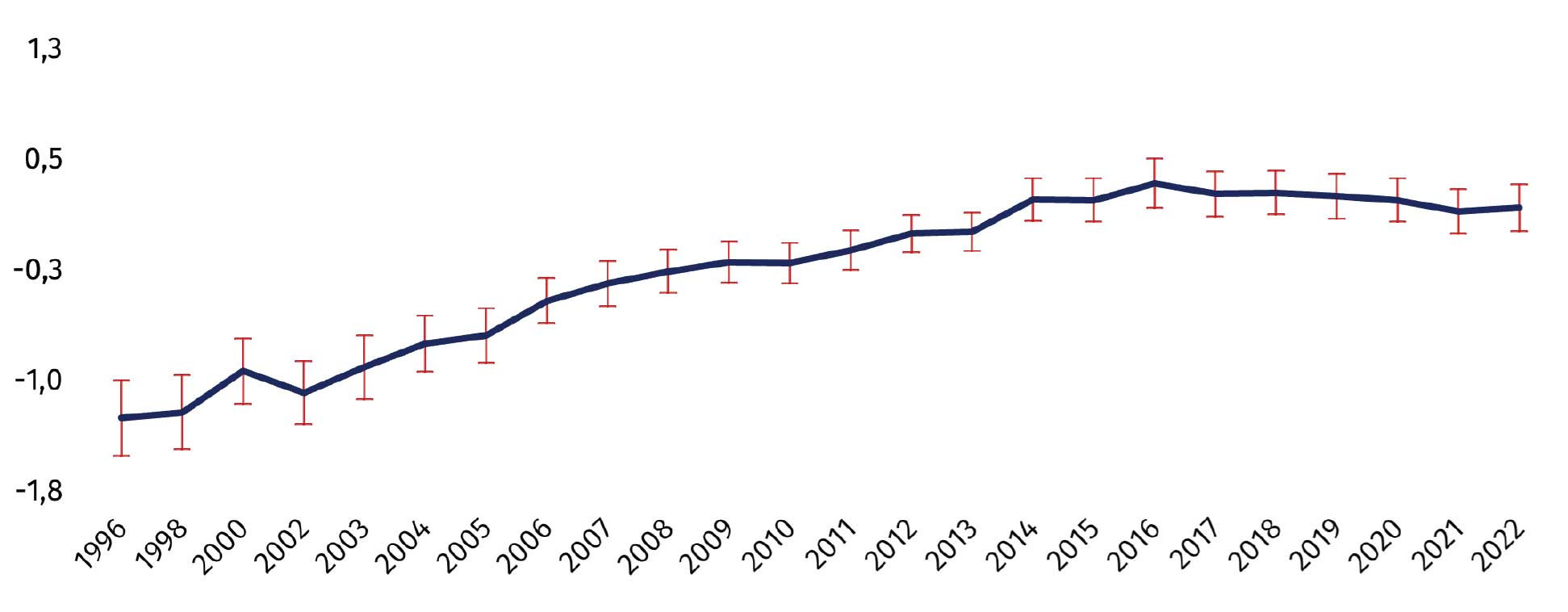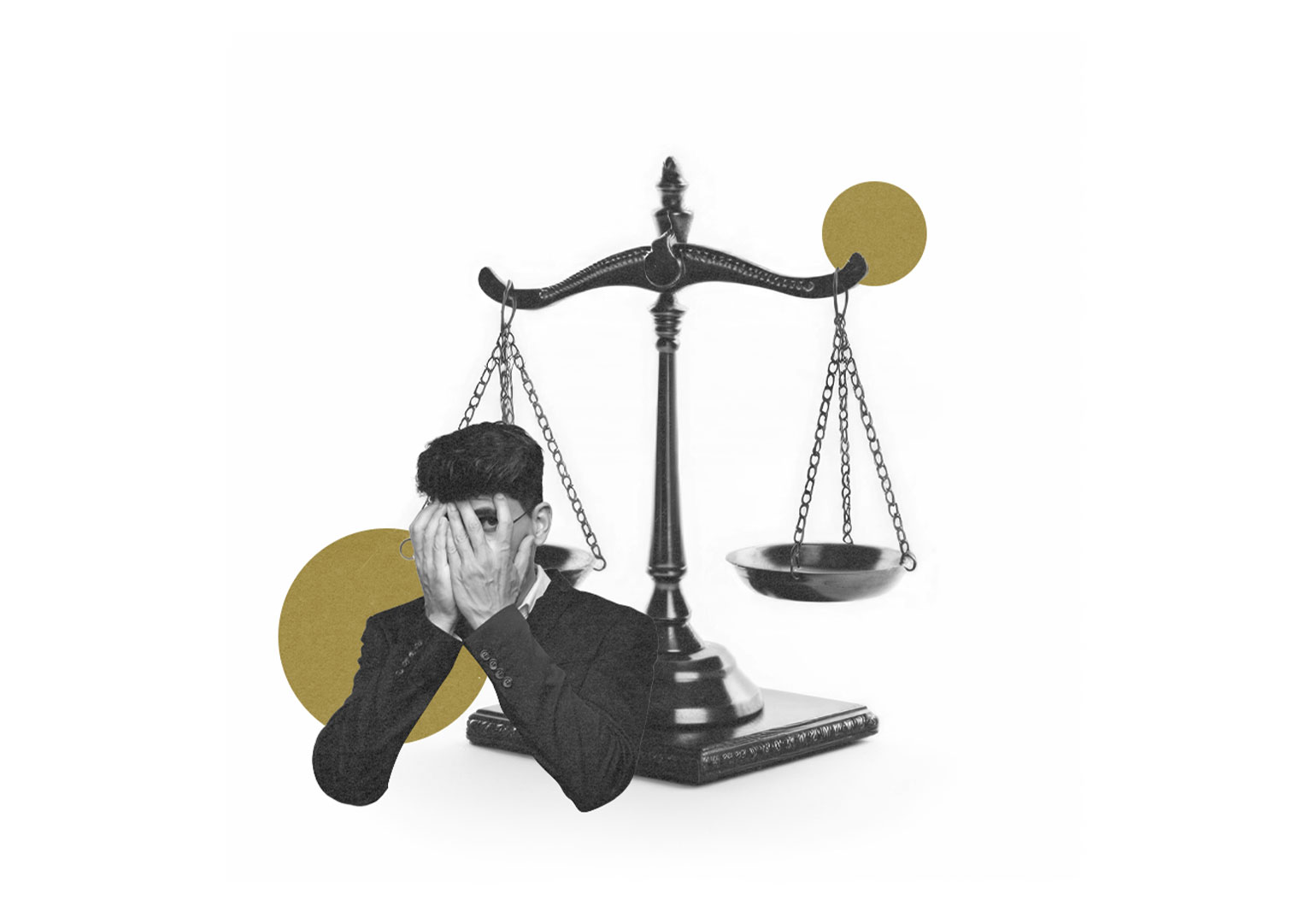The rule of law is a powerful and often-repeated political and legal ideal, which not only contributes to the formation of a just society but is also one of the key factors for economic development. That is why international aid is aimed mainly at improving the rule of law. Georgia is among the recipients of such aid. During the ten years between 2011 and 2019, our country received $1,156.5 million in aid for institutional and economic development from the United States alone. Programs supporting the rule of law were among the most prominent recipients of these funds. Support for such programs in Georgia came from our main strategic partners in the US and other partner countries who donated towards our institutional development. However, the development dynamics have changed in recent years, and the situation concerning the rule of law has worsened.
There is no universal definition of the concept of the rule of law, but consensus states that, at a minimum, it minimizes the abuse and arbitrary use of power for private purposes. For example, the constitution seeks to avoid arbitrariness by the government and achieve institutional stability. The absence of such a legal system increases uncertainty, negatively impacting the country’s well-being. In such an environment, companies stop hiring and investing in production, and the risk premium for economic agents increases while economic activity decreases.
Measuring the rule of law is complicated; it is the subject of academic debate and presents a prominent challenge in empirical literature. Nevertheless, for several decades, there have been various composite indices for assessing the quality of governance, including the rule of law. Among them is the World Bank’s Worldwide Governance Indicators (WGI) index, which evaluates the quality of the rule of law and five other governance indicators. It is the best-known index used in social and scientific studies.
The Rule of Law Index in Georgia (evaluation score: -2.5 – 2.5)

Based on the WGI index, the quality of the rule of law in Georgia has fallen since 2016. Until then, it had been steadily improving. Deterioration of the rule of law represents not only a loss of welfare in the current period but also in the longer term, as the WGI assessment includes components that are critically important for high and stable long-term economic growth.
Foremost of all, the rule of law ensures personal safety and security, without which the activities of economic agents have no meaning. Property rights and contract enforcement are the main mechanisms that link the law with economic development. Well-defined and protected property rights incentivize investing and ensure resources are used at maximum value. Enforcement is also crucial, as it creates incentives. Without effective contract enforcement, the right to exchange property alone will not create an institutional environment that encourages economic activity. Moreover, property rights and contract enforcement cannot be trusted unless there are effective constraints on executive discretion, an essential part of which is an independent and effective judiciary that guarantees the protection of property rights.
Since the restoration of independence in Georgia, the failure to establish a fair and efficient judiciary independent from political authorities has remained a significant problem. The lack of effective control of the courts results in uncertainty concerning equality before the law – the main principle of the rule of law, which, together with the generality of law, is critical to economic development. These two principles of the rule of law allow people to know which of their actions will be sanctioned by the government or vice versa. In turn, this stimulates economic activity because certainty, predictability and safety make it possible to calculate the benefits and costs of economic decisions.
Thus, the current state of the rule of law is unfavorable for economic development. The price of the reduced quality of the rule of law is the worsened prospect of high and stable long-term economic growth, together with the expectation of a lower rate of poverty reduction and slower improvement in living standards.
















